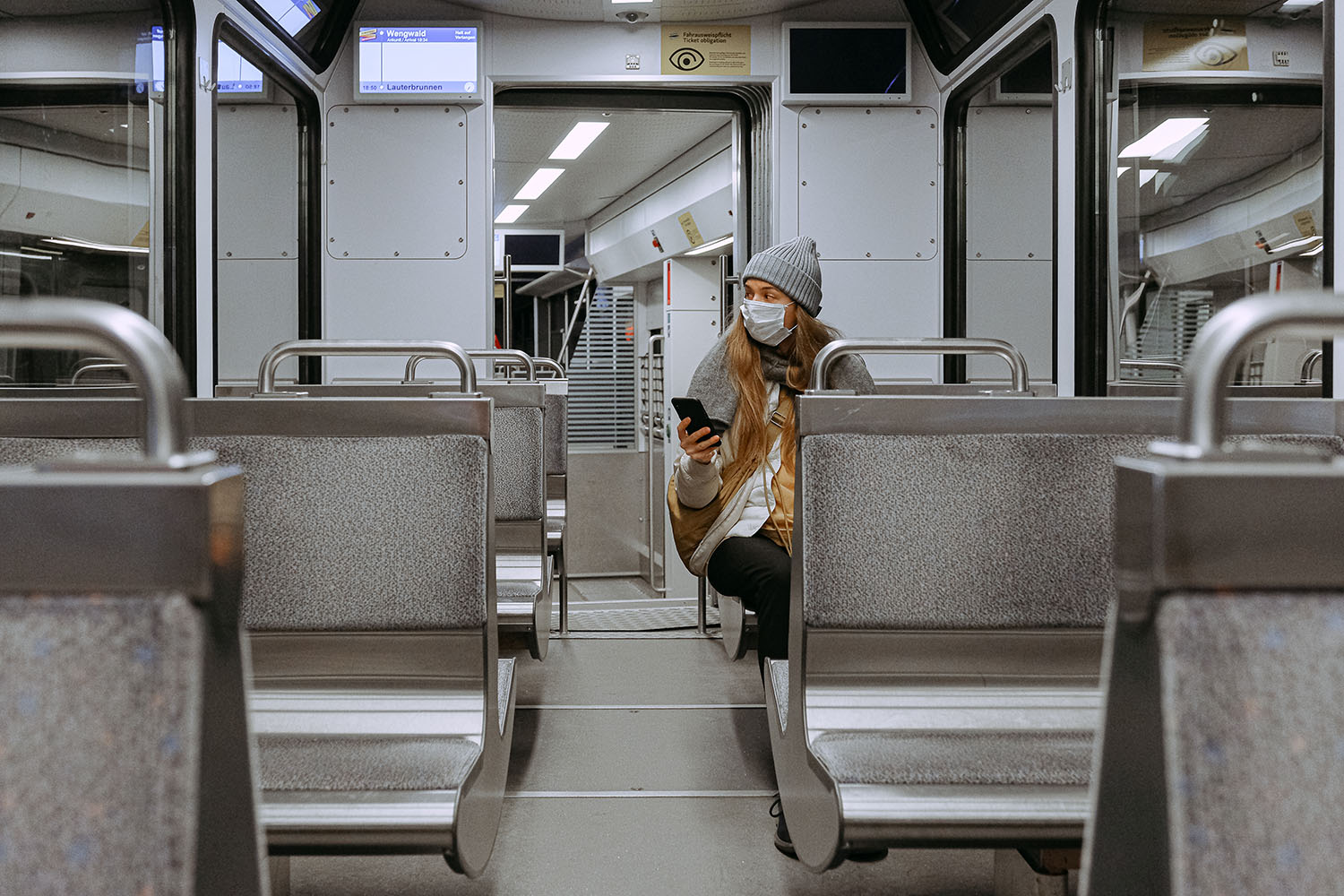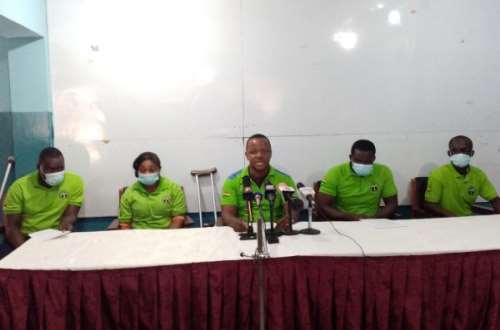By Kesah Princely and Regis Che, In Buea
Access to humanitarian assistance has remained a serious cause for concern for Persons with Disabilities (PWDs) in Cameroon’s Anglophone North West and South West regions.
This is owing to a separatist war that has been raging on for over five years between government forces and non-state actors fighting for a breakaway country.
In different reports, Human Rights Watch has revealed that Persons with Disabilities need urgent humanitarian intervention, owing to the horrors of the Anglophone armed conflict.
The conditions of this category of persons continue to rife day after day as the conflict protracts.
The Christian Blind Mission and the Presbyterian Community Rehabilitation services (PCRS)are among some humanitarian organizations struggling to assist these vulnerable populations.
With coordination from CBM, PCRS, is implementing a project dubbed Disability Health Inclusive Humanitarian program in Cameroon’s restive South West region.
One year into the project which seeks to relieve Persons with Disabilities from the brunts of the Anglophone armed conflict, over 5000 beneficiaries have been recorded, about 1000 of whom are Persons with Disabilities.
The statistics were revealed at the end of a two-day evaluation conference in Buea, Friday, November 25, 2021.
In an exclusive interview with TWIF News, the Project Manager of PCRS, Penn Julius revealed that the rights of Person’s with Disabilities have not been respected by belligerents; a situation, he says has left them in dire need of humanitarian assistance.
“We [PCRS] noticed that most humanitarian organizations hardly design their projects to meet the needs of Persons with Disabilities, and decided to come in to fill the gap through capacity building,” he revealed.
The project, funded by German Federal Foreign Office (GFFO) and the Christian Blind Mission (CBM), is implemented by the Presbyterian Community Rehabilitation Services (PCRS) in Fako and Meme divisions of South West Cameroon.
For one year now, organizations of Persons with Disabilities have been equipped with skills to militate for the respect of their rights and inclusion in different communities affected by the ongoing separatist conflict.
The Project Manager intimated that covid 19 kits and assistive devices such as mobility canes, wheelchairs and reading glasses had been provided to many a person with a disability.
“We have equally provided basic medication to persons with disabilities who could not access health care due to lack of finance and persistent luck down operations,” he added.
During the Buea evaluation conference, over 50 volunteers were entreated to accelerate the collection of vital data so that many more beneficiaries with disabilities could be assisted.
The disability-inclusive humanitarian health project for IDPs and host communities, with particular attention on Persons with Disabilities, started in November 2019 and will run until April 2022.
It is hoped that many more Persons with Disabilities who are victims of the Anglophone armed conflict would have their conditions ameliorated by the end of the project.
Inadequate health care, lack of shelter, hunger, and high unemployment rate are some of the difficulties persons with disabilities are forced to bear as hostilities between government forces and non-start actors crescendo.
These difficulties, according to Ngong Peter, President of the Hope Social Union for the Visually Impaired (an association of persons with visual impairment) have made his peers with disabilities survive thanks to Goodwill donations.





















